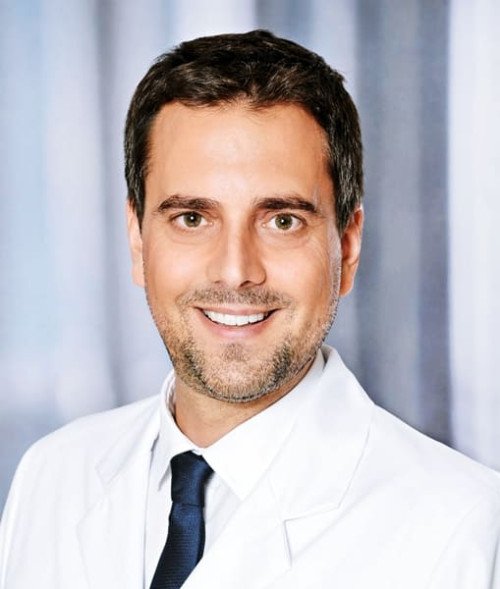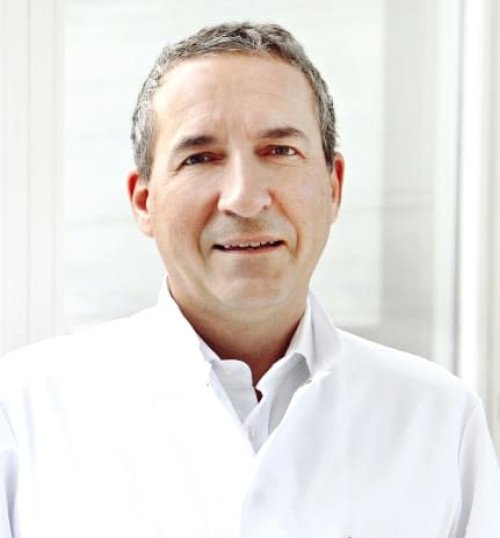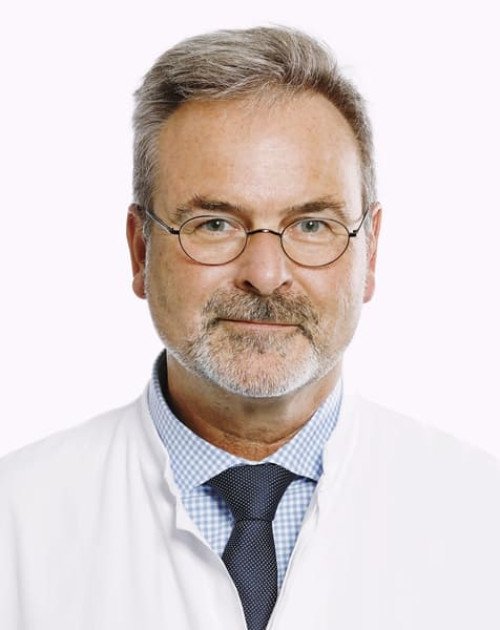Introduction to Urology
Urology is a medical specialty that focuses on the diagnosis, treating and treatment of diseases of the urinary tract and male reproductive system in men and women. Trained Urologists treat a variety of conditions, from urinary tract infections to more complex problems such as kidney stones, urinary incontinence and prostate cancer. The urinary system includes the kidneys, urethra, bladder, and urethra, while the male reproductive system includes the testicles, prostate, and penis.
The medical field of urology is concerned with the treatment of kidney, urethra, bladder, and urethral disorders in both genders. This refers to the male genitals, because health problems in these parts of the body can happen to anyone, urological health is important.
In addition to surgery, a urologist is a doctor who specializes in internal medicine, pediatrics, gynecology and other areas of health care. This is because urologists treat many different medical problems.
Disease of Urology
Urology covers a variety of diseases and conditions include urinary tract infections, kidney stones, bladder control problems, and prostate problems, among others. Which can be broadly categorized as follows?
Urinary Tract Infections: UTIs infections can affect any part of the urinary system, utmost generally the bladder and urethra.
Benign Prostatic Hyperplasia: A non-cancerous enlargement of the prostate gland, common in older men, leading to urinary difficulties.
Bladder Cancer: Type of cancer that begins in the cells of the bladder.
Kidney and Ureteral Stones: Solid mineral and marine substance residues form in the feathers, which can cause severe pain when passing through the urinary tract.
Prostate Cancer: A common cancer in men in which malignant cells form in the tissues of the prostate.
Incontinence: Injury of bladder control resulting in involuntary leakage of urine.
Kidney Cancer: Cancer that starts in the kidneys, which are responsible for filtering waste from the blood and producing urine.
Pelvic Organ Prolapse: Occurs when the muscles and tissues that supporting the pelvic organs weaken, causing the organs to drop from their normal position.
Erectile Dysfunction: Failure to achieve or maintain adequate structure for satisfactory sexual performance.
Male Infertility: Problems with sperm production, function, or delivery that prevent conception.
Reasons (Causes and Risk Factors)
The causes and risk factors for urological conditions vary widely depending on the specific disease:
1. Infections and Inflammation:
Bacterial infections are a common cause of urinary tract infections and prostatitis.
Sexually transmitted infections can lead to conditions such as epididymitis and urethritis.
2. Lifestyle Factors:
Diet, hydration habits, and physical activity levels can impact the development of kidney stones and urinary incontinence.
Smoking is a major threat factor for bladder cancer.
3. Genetic Predisposition:
Family history can play a significant role in conditions like prostate cancer and kidney stones.
4. Age and Hormonal Changes:
Aging is a primary risk factor for BPH, prostate cancer, and incontinence.
Hormonal imbalances can affect sexual function and fertility.
5. Chronic Diseases:
Conditions such as diabetes and hypertension can increase the risk of kidney disease and erectile dysfunction.
6. Obesity:
Excess body weight is linked to an increased risk of kidney stones, incontinence, and certain cancers.
7. Environmental and Occupational Exposure:
o The exposure to certain chemicals and toxins can increase the risk of bladder and kidney cancer.
Diagnostic
Diagnosing urological conditions involves a variety of tests and procedures to accurately identify the underlying issue:
1. Medical History and Physical Examination:
Detailed patient history and physical exams to identify symptoms and potential causes.
2. Urinalysis:
Examining the urine for infections, blood, or other abnormalities.
3. Blood Tests:
Tests to measure kidney function, hormone levels, and detect markers for cancer.
4. Imaging Studies:
Ultrasound: Non-invasive imaging to visualize the kidneys, bladder, and other organs.
CT Scan: Detailed cross-sectional images to detect stones, tumors, and structural abnormalities.
MRI: Provides high-resolution images of the urinary and reproductive systems.
5. Cystoscopy:
Insertion of a thin, flexible tube with a camera into the bladder to inspect the urinary tract and bladder.
6. Biopsy:
Removal of tissue samples from the prostate, bladder, or kidney for microscopic examination to diagnose cancer.
7. Urodynamic Tests:
Assess how well the bladder and urethra store and release urine.
Treatment
Treatment options in urology vary based on the specific condition and its severity:
1. Medications:
Antibiotics: To treat bacterial infections such as UTIs and prostatitis.
Alpha-blockers: To relax prostate and bladder muscles in BPH.
PDE5 Inhibitors: To treat erectile dysfunction (e.g., sildenafil, tadalafil).
Hormone Therapy: For advanced prostate cancer.
2. Minimally Invasive Procedures:
Lithotripsy: Uses shock waves to break up kidney stones into smaller pieces.
Transurethral Resection of the Prostate (TURP): Removes parts of the prostate through the urethra to relieve BPH symptoms.
3. Surgery:
Prostatectomy: Junking of the prostate gland, generally for prostate cancer.
Nephrectomy: Junking of an order, frequently due to cancer.
Cystectomy: Elimination the bladder, usually for bladder cancer.
Pelvic Organ Prolapse Surgery: To repair and support pelvic organs.
4. Lifestyle Modifications:
Dietary changes, increased fluid intake, and physical activity to prevent and manage conditions like kidney stones and incontinence.
5. Radiation Therapy:
This procedure uses to treat prostate, bladder and kidney cancer.
6. Chemotherapy:
For advanced or metastatic cancers that cannot be surgically removed.
7. Hormonal Therapy:
Used in managing prostate cancer to reduce or block the production of testosterone.
Urology is a medical specialty that deals with many problems of the urinary tract and reproductive health. Thanks to advances in diagnostic methods and Treatment in germany, many urological diseases can be effectively treated or cured, greatly improving the quality of life of patients. Early diagnosis and appropriate treatment are the keys to a successful outcome in urology.
👉 Contact us for further information and receive a complimentary consultation.
Mei dicat labore in. Te atqui aliquip duo, has option habemus cu. Usu delicata mandamus omittantur in, eu apeirian theophrastus consectetuer vel.
Simul bonorum his id, solum percipit probatus ea mea. Ei quo gloriatur deseruisse comprehensam, qui populo oporteat eu. Sea no semper abhorreant dissentiet, pri ei error definiebas definitiones, choro tacimates vis ex.
Urinary retention is a condition in which you cannot empty all your urine from your bladder. Urinary retention is not a disease, but a condition that can be associated with other health problems, such as prostate problems in men or cystocele in women. Urinary retention can be acute - a sudden inability to urinate at all or chronic - a gradual inability to empty the bladder..
There are some common complications of Urinary tract infection, Bladder damage, Kidney damage and Urinary incontinence. Implement on precaution of health care professional to prevent and treat these complications is important for both the health of your urinary tract and your overall health.
The kidneys are characterized by hard deposits of minerals and salts known as kidney stones, kidney stone or urolithiasis. Diet, obesity, certain diseases and certain supplements and medications are among the many causes of kidney stones.
Urology is a branch of medicine that deals with health problems of the male and female urinary tract and the male reproductive system. An urologist is a doctor who focuses on these parts of the body. The urinary tract is a tract that consists of the kidneys, urethra, bladder and urethra.
Involved organs of the urinary system include the kidneys, renal pelvis, ureters, bladder and urethra. The body takes nutrients from food and converts them to energy.
Experience the difference that expertise and compassion can make. Meet our exceptional team of experienced doctors, and trust us to provide you with the best in healthcare.







Urology
Director of the University Clinic for Urology and Pediatric Urology
Ulm





Urology
Director of the University Clinic and Polyclinic for Urology
Halle (Saale)





.webp)
 (1).webp)

.webp)
 (1).webp)


.webp)
 (1).webp)

.webp)
 (1).webp)
